The first hybrid feed barge solution decreased fuel consumption by 40 percent
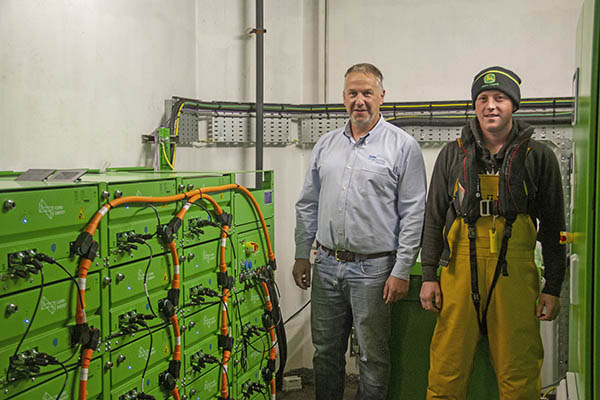
Cooke Aquaculture Scotland has deployed a second hybrid feed barge, which will reduce carbon emissions and noise at its Vestness site in Westray, Orkney, Scotland.
Following successful results from installing its first hybrid system at its Mill Bay site in Stronsay, Orkney in 2022, Cooke Scotland has continued to “make great strides in its commitment to sustainability” with the installation of an additional hybrid system at a barge to enhance power supply management.
“This second hybrid system installation at our Vestness barge is a significant investment and one that makes economic and environmental sense,” said Stewart Rendall, North Isles Manager for Cooke Aquaculture Scotland’s Orkney sites. “Farm-raised salmon already have the lowest carbon footprint of any animal protein but there is always more we can do to minimize any impact. This one barge is expected to achieve carbon savings of approximately 146 tons of carbon dioxide every year, the equivalent of removing 55 cars from our roads every year.”
In its first year, the hybrid solution at Mill Bay decreased fuel consumption by 40 percent, leading to a significant reduction in the site’s greenhouse gas (GHG) emissions and fuel usage. It further contributes to a quieter working environment for barge personnel and the neighboring area. The hybrid system uses the residual capacity from the generator to charge the batteries, while at the same time, the auxiliary diesel generator feeds electricity to the rest of the facility. Once the batteries are fully charged, the generator stops, and the hybrid system operates the facility.
The Vestness site is the first in Orkney to have a retrofit installation on an existing barge.
“To invest and upgrade existing barges with green technology that optimizes energy production, reduces fuel consumption, reduces noise pollution and reduces GHGs is sustainability in every way,” said Steve Burns, managing director for Fjord Maritime UK.
Now that you've reached the end of the article ...
… please consider supporting GSA’s mission to advance responsible seafood practices through education, advocacy and third-party assurances. The Advocate aims to document the evolution of responsible seafood practices and share the expansive knowledge of our vast network of contributors.
By becoming a Global Seafood Alliance member, you’re ensuring that all of the pre-competitive work we do through member benefits, resources and events can continue. Individual membership costs just $50 a year.
Not a GSA member? Join us.
Author
-
Responsible Seafood Advocate
[103,114,111,46,100,111,111,102,97,101,115,108,97,98,111,108,103,64,114,111,116,105,100,101]
Tagged With
Related Posts
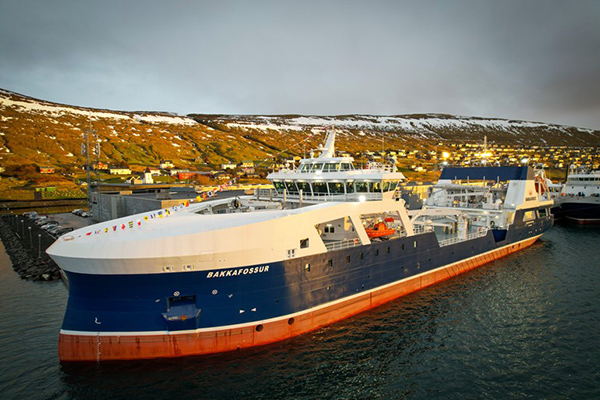
Innovation & Investment
Faroe Islands fish farmer adds hybrid well boat to its fleet
Bakkafrost adds one of the largest hybrid well boats in the global aquaculture industry to its fleet, the 109-meter Bakkafossur.
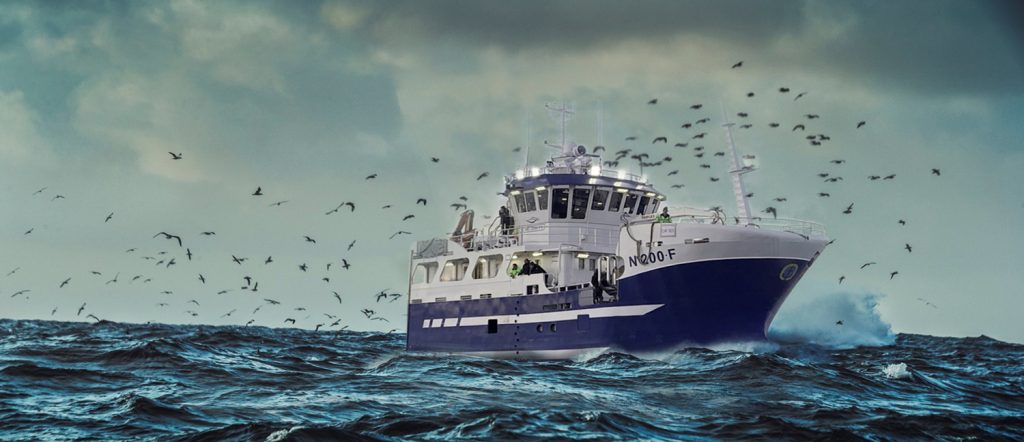
Responsibility
Net-zero heroes: Hybrid and electric commercial fishing vessels set out to cut the industry’s carbon emissions
From electrified fishing fleets to hybrid wellboats, the seafood community is looking to decarbonize commercial fishing vessels and reduce carbon emissions.
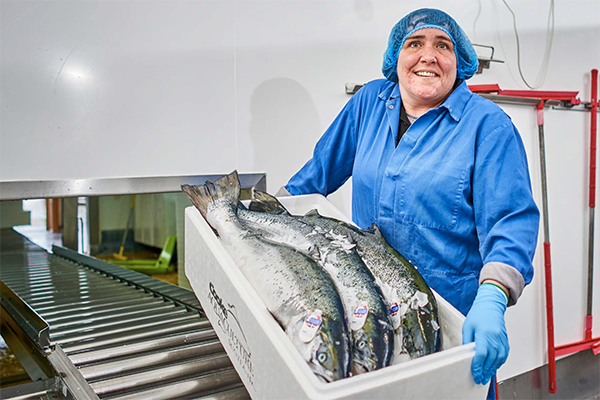
Intelligence
Cooke Aquaculture details the economic impact of salmon farming in Scotland
Cooke Aquaculture Scotland touts its operations' economic and social impacts and discusses plans to expand in the remote island region.
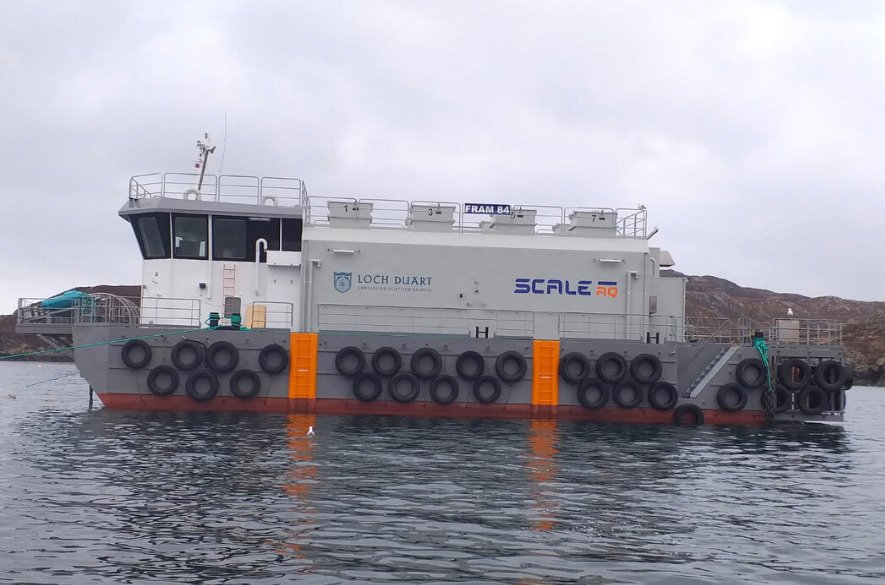
Responsibility
Scottish salmon farmer introduces hybrid feed storage barge to reduce carbon footprint
Loch Duart, an independent Scottish salmon farm, has introduced a hybrid feed storage barge to reduce its carbon footprint.



